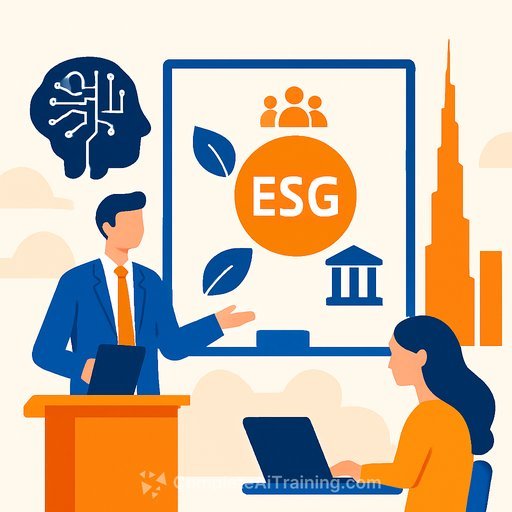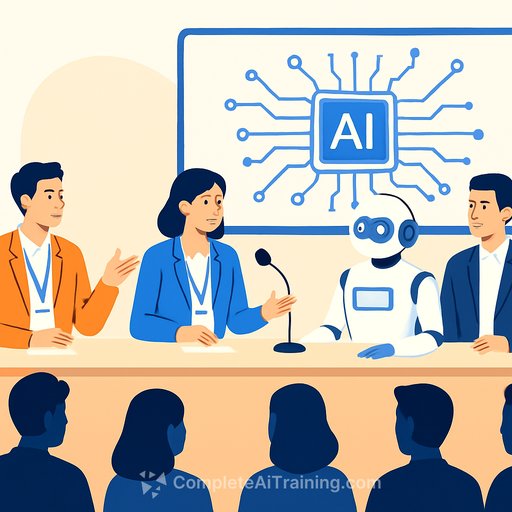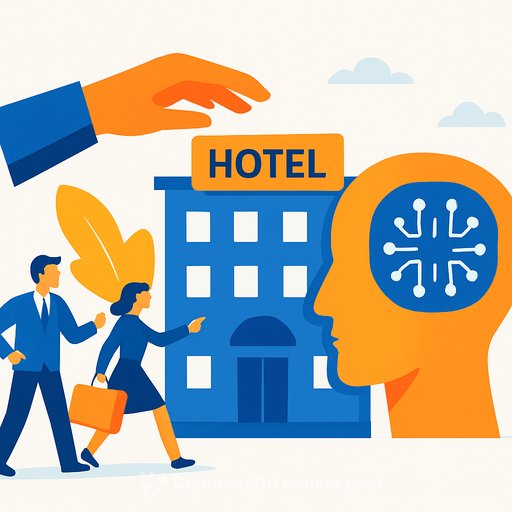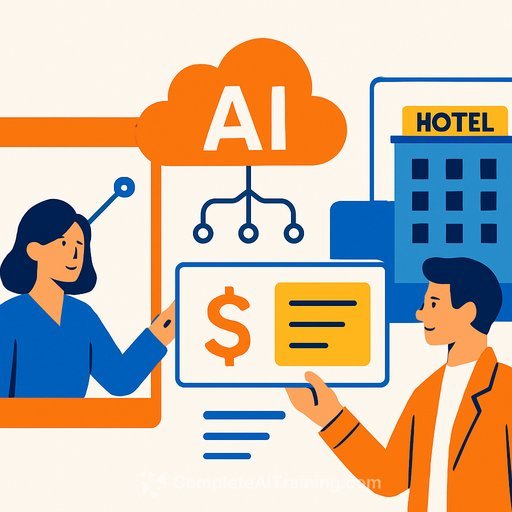Luxury Redefined: From Marble Lobbies to Intelligent, Personal Stays
For decades, luxury meant infinity pools, Michelin-level dining, and marble lobbies. Today, the signal of luxury is intelligence. Technology now threads through every guest touchpoint and every back-of-house decision. The stakes are high: the global luxury hospitality market is projected to reach $166.41B in 2025 and pass $218B by 2029.
Hyper-personalization is the new status symbol
Guests expect experiences built around them. AI, IoT, analytics, and guest history make that possible, from recalling a favorite pillow brand to suggesting a spa treatment that fits past preferences. Personalization is no longer a perk; it's the standard guests are willing to pay for.
- Remember preferences: pillows, room temperature, allergies, minibar items.
- Recommend in context: spa slots that match itinerary, cabana at preferred time.
- Customize menus: highlight dishes that fit taste and dietary needs.
For cross-industry proof on the ROI of personalization, see this overview by McKinsey here.
Digital integration for seamless stays
Guests want control without friction. Voice assistants, mobile apps, and in-room entertainment now serve as the remote for the entire stay. With a tap or a short command, they adjust lighting, order room service, or stream content.
The takeaway: prioritize reliability and privacy over gimmicks. Track adoption, reduce steps, and fix the slow points guests complain about.
What makes a smart hotel?
It's more than connected devices. A smart hotel fuses tech with operations to keep guests loyal and margins healthy.
- Frictionless experience: Mobile check-in, digital keys, and AI concierge.
- Thoughtful operations: Predictive maintenance, optimized housekeeping schedules, and real-time control of water and energy use.
- Sustainability retention: Systems that cut energy, water, and emissions to meet eco-sensitive expectations.
- Profitability reason: Real-time visibility across Rooms, F&B, Wellness, and Events to focus capital and effort where ROI is highest.
Sustainable and smart operations lead to profitability
Data models reveal how each department earns. Link occupancy and housekeeping to tighten turnaround times and monetize early check-ins and late check-outs.
F&B can engineer menus bottom-up to spotlight high-margin items and track waste in real time. Spas and wellness teams manage revenue alongside labor productivity and client retention. For events, analyze packages and net profit per square foot. Eco practices are no longer optional-IoT helps conserve water, forecast energy demand, and optimize grids.
For practical sustainability frameworks and tools, explore the Sustainable Hospitality Alliance resources.
What's next: agentic AI
AI is already embedded in guest service. The next step is agentic AI-systems that can reason, remember, and act across your tech stack.
- Spot underused spa capacity and trigger targeted campaigns to likely buyers in your booking database.
- Predict busy booking periods and auto-adjust staffing to keep service consistent.
- Monitor live guest sentiment and open service tickets before issues escalate.
In hospitality, intelligence is the new luxury. Amenities still matter, but the winners will integrate technology, sustainability, and personalization into one effortless stay.
90-day action plan for GMs and Ops leads
- Weeks 1-2: Audit data sources (PMS, CRM, POS, spa, events). Pick five use cases: two guest-facing, three operational.
- Weeks 3-6: Ship two quick wins: mobile check-in/keys and PMS-housekeeping sync with live room status. Start capturing preference data.
- Weeks 7-10: Launch a menu-margin dashboard and set energy/water baselines with alerts per occupied room.
- Weeks 11-13: Pilot one agentic AI workflow (spa marketing or staffing forecasts). Measure adoption, NPS, labor hours saved, and energy per occupied room.
Metrics that matter
- Time to room readiness; early/late check-in revenue
- F&B margin per cover; food waste cost
- Spa revenue per therapist hour; repeat rate
- Energy kWh and water liters per occupied room; emissions per stay
- Digital adoption: mobile key usage, in-app orders, AI concierge resolutions
Tools and training
Equip teams to build, test, and own AI-driven workflows. Skill gaps, not technology, create most delays and overruns.
Explore role-based upskilling at Complete AI Training - Courses by Job. See what's new here: Latest AI Courses.
Your membership also unlocks:





